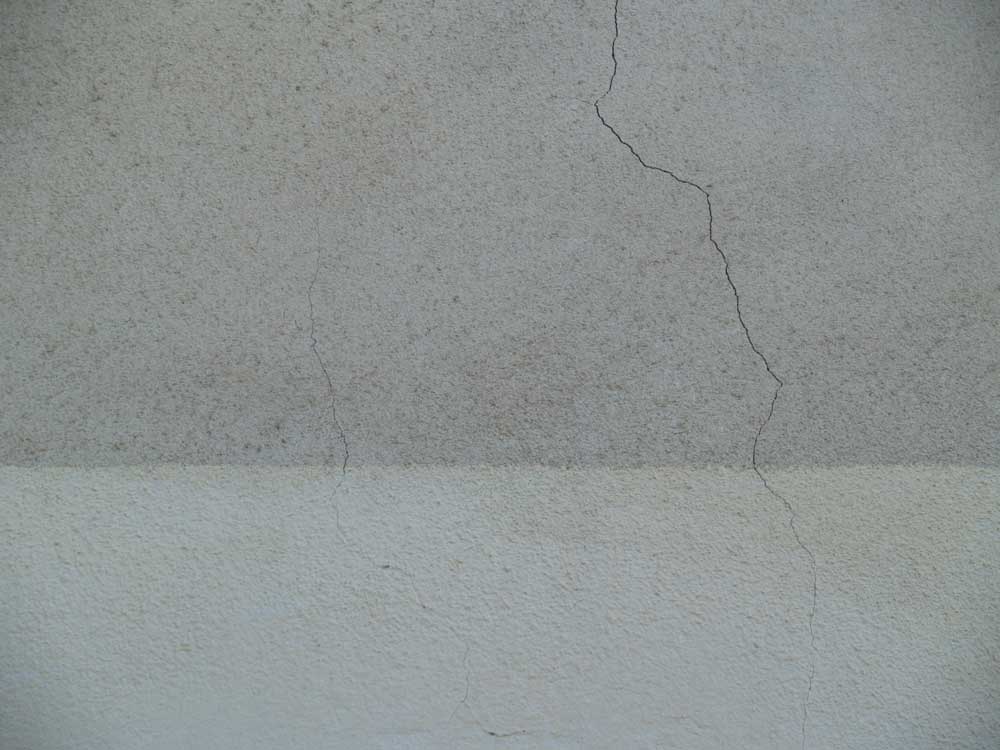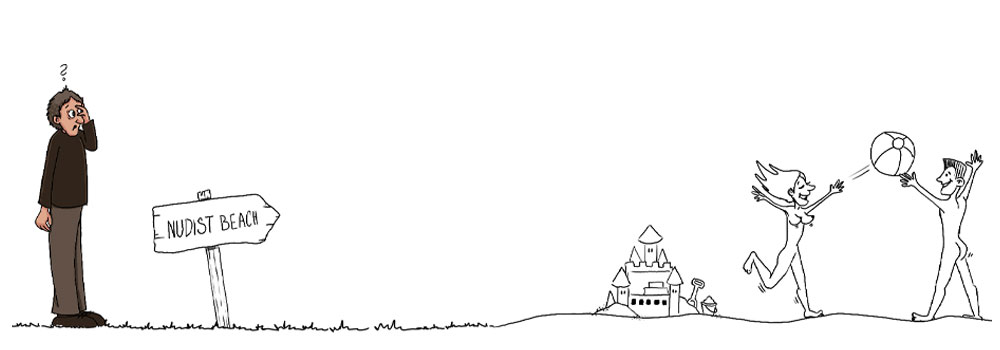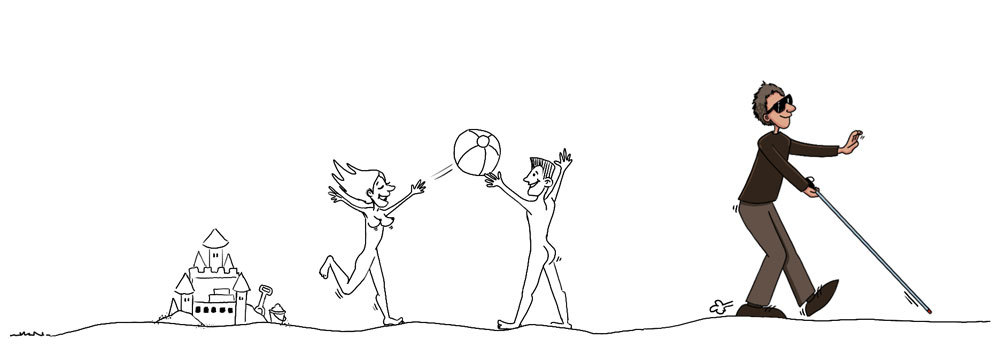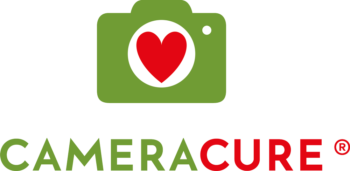Task 29 – Think simply
Task 29
Think simply

Cotignac, France, 2015. Photo: Jon van Deurs
Problem
Paralyzed by choice
When we go on a vacation in a city, a problem quickly arises. We struggle with choosing what activities to do. We set up a tight schedule and go from one experience to the next. After returning home, we wonder if there were other things we should have done instead. This uneasiness puts a damper on the joy of traveling. In an experiment, researchers set up two hot dog stands. One of them had only a few choices on offer and the other one had many. The longest line was in front of the one with the most choices. But the people who chose to stand there were also the ones who took the longest time to make a choice, and were also less satisfied with their choices afterwards – maybe one of the other hot dogs would have tasted better?
The phenomenon is known as ‘the paradox of choice’ – the more choices, the slower we choose and with less satisfaction. We should be aware of this now that we live in a time where choice is almost unlimited. We have made our everyday lives so complicated and diverse that it tends to wear us out. Each choice draining us of willpower. The stress it creates is the curse of free choice. For dinner we can choose between countless recipes. All of the options cer- tainly have their advantages, but it may still be worthwhile to find tranquility in what is simple.
Many photographers have camera bags full of expensive lenses. They may have several to choose from for every photo opportunity. Zoom lenses can cover any need to vary the fram- ing. This may be practical at times, but it can also distract us too much. Most of the really good pictures are taken with a fixed lens. The simplicity liberates our concentration so that we can be 100% present in the situation instead of pondering all of the options.
Do you know someone who struggles with having too many choices? Do you know some- one who has chosen to do things more simply? How about you?
On a scale of 1 to 6, how relevant is this issue for you?:

Solution
Freedom through limitations
One foot in front of the other, day after day. When I wandered on the pilgrimages from the Pyrenees to Santiago de Compostela, and from Oslo to Nidaros, we did the same three things during the entire month – we walked, ate and slept. Simplicity gave space for cleaning up my mind.
At workshops we always start with going through pictures that the participants have brought with them. I offer some advice about how they could be improved and one of these pieces of advice is to simplify. Many of them try hard to pack too much into the frame. Then they are making things difficult for themselves. Pictures are often worse by containing too much rather than too little.
Many of the people at a workshop try to have all options open. When they go down a street, with all of its possibilities in front of them – people, architecture, animals, food, street life, nature – they struggle with deciding which scene to pick and their photos are weaker for it. You could be better off choosing a limited theme in order to get really good photos, such as the beach, a family on a farm, children who play, men with hats or red objects. The restriction makes for better concentration and thus better pictures.
“The camera loves banal objects,” said the Czech photographer Josef Sudek. Google his pictures and you will find loaves of bread, eggs, forks, apples and light passing through bub- bly water in a glass. It can be a great exercise for you also to photograph simple things. And maybe seek simplicity also without the camera.
PHOTO ASSIGNMENT:
The German-American photographer Ruth Bernhard said:
“You have to learn to take pictures five meters from your bed.”
Remain within this distance.
See what you can find. Explore the light, shadows, balance and reflections.
On a scale of 1 to 6, how relevant is this issue for you?:
BOOK SUGGESTION: The Paradox of Choice by Barry Schwartz

❞ Photographing a cake can be art.
Irving Penn
❞ Simplicity is the ultimate sophistication.
Leonardo da Vinci
❞ Life is really simple, but we insist on making it complicated.
Confucius
[note_editor]

